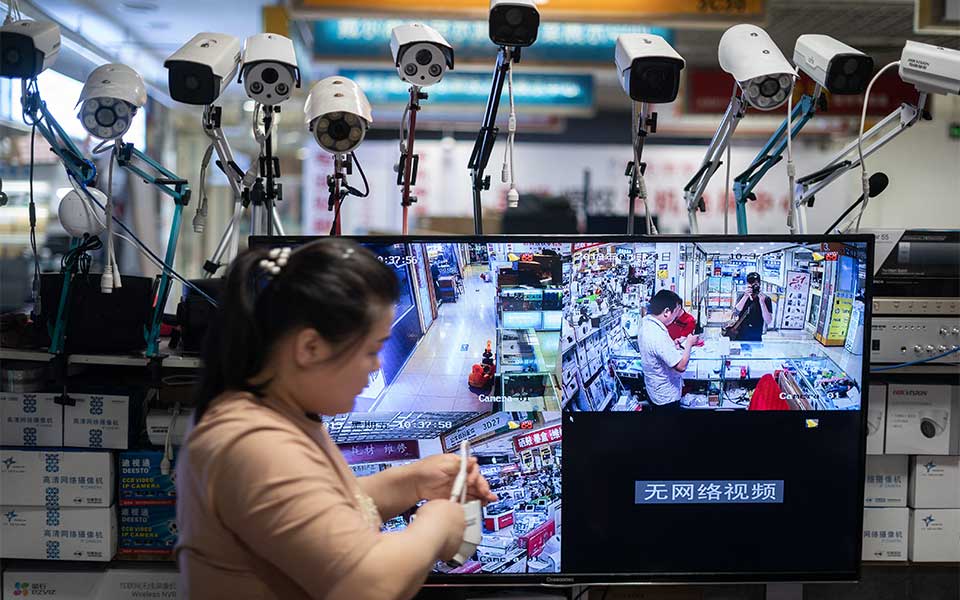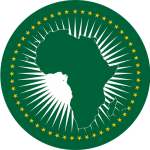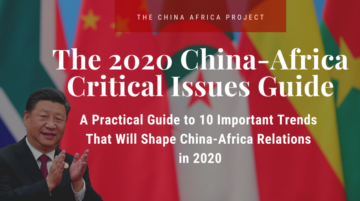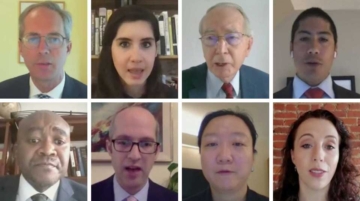
This week the Biden administration announced an expansion of a Trump-era ban on U.S. investment in 59 Chinese companies seen as having ties to the Chinese military and surveillance sectors.
The announcement is another confirmation of how ex-president Trump’s vision of a U.S.-China rivalry has set the terms of subsequent interactions between the two sides (and set ‘the two sides’ as a defining paradigm for the rest of the world.)
The measure unsurprisingly targets Huawei, as well as many other jewels in China’s state-corporate crown, including the country’s three biggest telecom companies, China’s largest manufacturer of semiconductors, and several builders of mega-transportation.
The ban targets U.S. investors and much of the initial discussion has focused on the logistics of how they’ll disentangle themselves from these investments. What remains unclear at present is how this ban will affect the rest of the world, particularly in Africa where these companies do big business. It’s unclear how hard Washington will lean on governments planning new deals with the targeted companies and how existing agreements will be viewed, especially those in the Global South.
Global South governments have resisted being forced to choose sides, and African governments have hit back at U.S. pressure to dump Huawei, for example. How the long arm of American law chooses to handle the ban internationally will have many implications, not only for China and the Global South, but for the United States as well.
One scenario I can imagine is that the ban will put pressure on the fields where these companies are already entrenched in Africa. These include the several safe city and smart city projects Huawei, Hikvision (now also banned) and others have sold to African countries, and the myriad African micropay and fintech applications running on Huawei platforms. If the ban only results in pressure, with little additional U.S. financial support or more muscular engagement from Western companies (neither of which seems forthcoming at present,) it will leave African governments with little alternative but to double down on their relationships with Chinese entities.
At the same time, the increased pressure from rich countries will naturally drive Chinese companies to sweeten the deals they’re offering the Global South. We’re already seeing the Digital Silk Road’s share of the BRI increasing, as China shrinks from its exposure to debt related to hard infrastructure.
For all the U.S.’s apparent fervor to take on China internationally, allocating enough funding to displace it as a tech partner to Africa (and in the rest of the tech-deprived Global South) strikes me as politically unfeasible in the current Washington, where even a ‘skinny’ domestic infrastructure financing bill still faces opposition.
The result could be that this year’s FOCAC will be the Chinese government version of Oprah in her heyday: “You get a data network! You get a data network! And guess what, you also get a data network!!” China will always want to frame this fight as one between the developed and developing worlds, rather than the ‘free versus unfree’ framing the U.S. prefers.
Intentionally or not, the current ban on Chinese companies also gives China the opportunity to strengthen that framing, and sets up a reckoning that will play out throughout the Global South. FOCAC will only be the first chapter.








